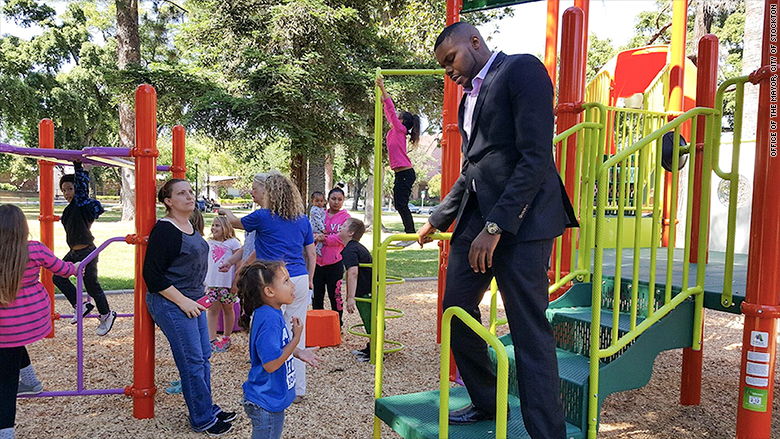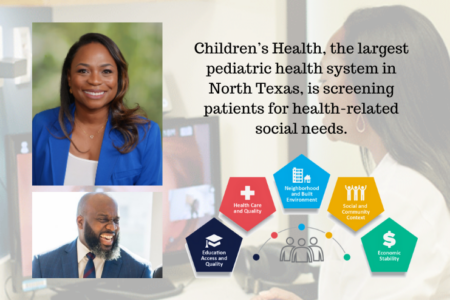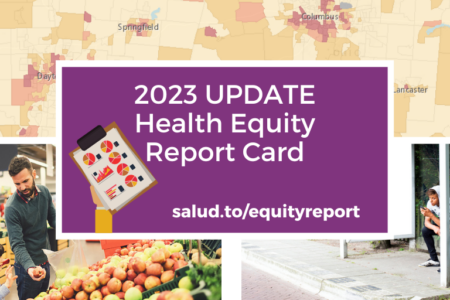
Share On Social!
At times, almost all families need a little help with money.
Providing that help is the idea behind “universal basic income,” which would make everyone in a certain place eligible to receive a regular monthly stipend from a collected pool of money.
The 42% Latino city of Stockton, Calif, will soon be the first major U.S. city to test it out for real.
The city will start an experimental program in fall 2018 that will give dozens of families $500 a month—with the proverbial “no strings attached”—for at least several years depending on how long the funding lasts.

The Stockton Economic Empowerment Demonstration (SEED) program will provide income to participants to help cover basic living expenses. The median household income in Stockton is $44,797, which is well below the state average of $61,818, Forbes reports.
Stockton, which went through bankruptcy proceedings in recent years, has an unemployment rate of 7.3%. That is nearly double the national average.
“We’re going to spend the next nine months in the design phase, so we’re recruiting a project manager now,” said Stockton Mayor Michael Tubbs at a press conference, as transcribed by Capitol Public Radio. “We’ll spend the next nine months with a stakeholder team of community members to figure out all the details.”
The project will receive $1 million in funding from the Economic Security Project.
The plan is to give nearly 30 families $500 a month for three years or 100 families the same amount for one year.
“I think my personal preference is for three years. There’s a real motivation to affect as many families as possible,” Tubbs said. “If we’re able to raise more money so that we could get to 100 families for three years, I’d be really happy about that.”
Learn more about the link between income and health here:
- How Paid Family Leave Can Solve Health Inequities http://salud.to/2CdzJGX #SaludIncome #SaludSupport
- Do Latinos Live in the Best Cities for Jobs? http://salud.to/2BGB6hr #SaludIncome #SaludSupport
By The Numbers
142
Percent
Expected rise in Latino cancer cases in coming years



